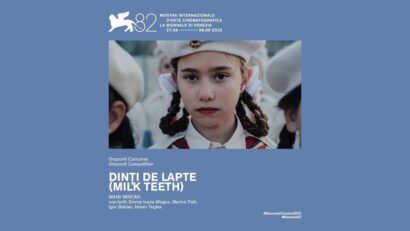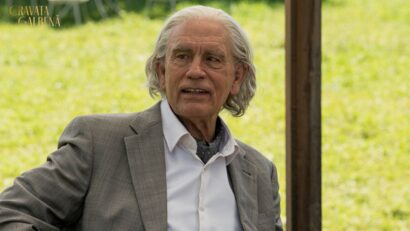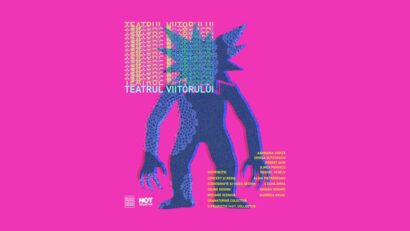The Observator Cultural Awards
Ten leading Romanian writers, including Ana Blandiana, Radu Cosasu and Vlad Zografi, won awards at the 11th Awards Gala of the Observator Cultural magazine held at the Odeon Theatre in Bucharest

Corina Sabău, 29.04.2017, 17:02
A total of 34 contemporary writers were nominated in the awards’ 6 categories: memoirs; essays and publishing; literary criticism, literary history and literary theory; debut; poetry; and fiction. Radu Andriescu won the best poetry book award, while the best fiction award was shared by writers Radu Cosasu and Radu Pavel Gheo. Human rights activist Gabriel Andreescu used to write a year ago that the “emergence of Observator Cultural in 2000 marked a new stage in the development of ideological footprints in the intellectual community in Romania.” Here is Carmen Musat, the magazine’s editor-in-chief.
Carmen Musat: “These awards are a means of creating an overview of Romanian culture, of Romanian literature today. With new names being added each year to the list of nominated authors and award winners, we are also trying to define the cultural profile of our magazine. It’s a quest for identity in two senses. Our selection and awards outline the cultural profile of our magazine, but also that of the Romanian culture at this point in time.”
16 high school children from six high schools in Bucharest were chosen to hand out the Lyceum Award to fiction writer Vlad Zografi. Carmen Musat tells us more:
Carmen Musat: “We meet these young people and listen to their choices, their arguments. I was impressed by them and I’m not the only one. Just like last year, everybody who attended the awards ceremony was impressed by how they justified their selection, in such a fresh way and using such well-articulated arguments. I think these young people should be encouraged and promoted and given the opportunity to meet Romanian writers and discover their work. Writer Ana Blandiana was telling us this year how surprised she was at the reaction of a child she met when she gave a talk in a school. Although the teacher had told the children they were going to meet Ana Blandiana, the child in question said that was not possible. When he was asked why, he said because he knew all poets were dead. This anecdote tells us very much about how Romanian literature is taught in school. Children have the impression that literature is something that belongs in a museum, not something that is alive and with which they can interact. Our magazine and these awards are trying to demonstrate that literature is alive. We will soon also launch a series of public readings during which high school children will be able to meet Romanian writers, among other cultural figures. Our aim is to challenge and facilitate cultural interaction.”
As part of this year’s awards gala, Observator Cultural awarded prizes for translations not just into Romanian, but of Romanian works as well. The recipients include Veronica D. Niculescu and Joanna Kornas-Warwas of Poland. Here is writer and translator Veronica D. Niculescu.
Veronica D Niculescu: “I realized that in 2007 I started translating my first book by Nabokov without a contract, without cares and obligations, just for passion. The book was brought out in 2008 by a fortuitous turn of events. Polirom Publishers acquired the copyright for Vladimir Nabokov’s works, and it so happened that my translation was accepted for this series. I remember quite well the fragments from the book that determined me to take up translations, they still serve as a personal motto, wherever I am down. I remember how I felt back then and I think it is the ideal mindset to have when translating. The character in that book talks about the “unattainable beauty”, which transpires in dusk light beaming over rooftops, the scent of a flower that no matter how hard you try to breathe in, it can never be yours. And this, I believe, is what we do when we write and read, we’re trying to attain the unattainable”.






























